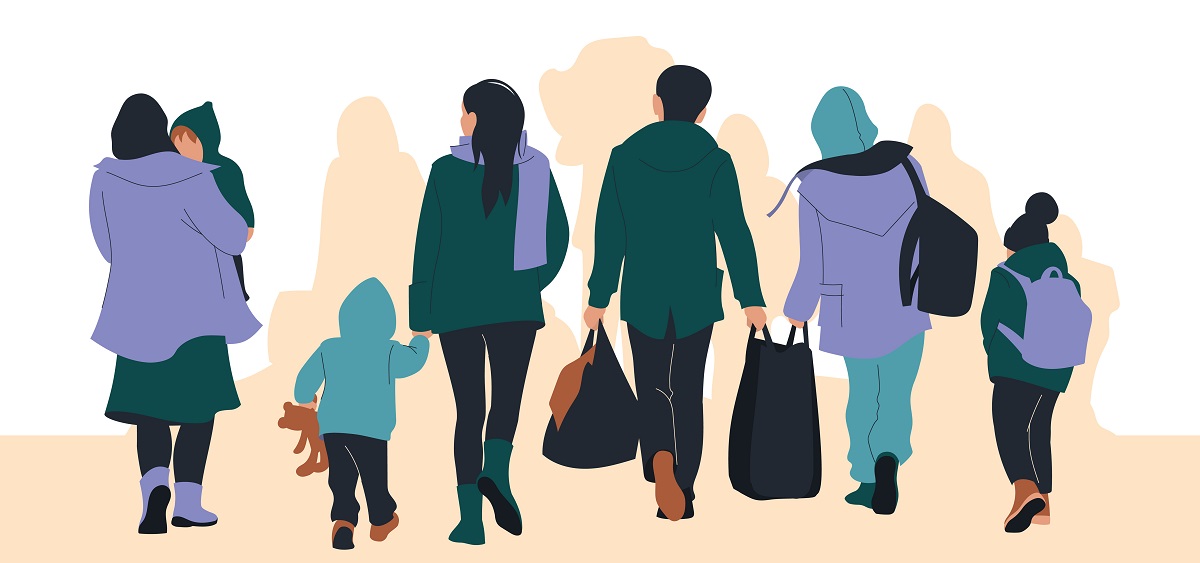With so many conflicts raging around the world, the right to seek asylum is of ever greater importance. Many people leave their countries with the hope of finding safe haven in Canada. Here’s some info on what’s involved in claiming refugee status.

Did you know?The Government of Canada can create special programs to allow certain people who are the victims of conflicts in their countries to come to Canada temporarily and to work and study here. For more information, consult the Government of Canada’s website. |
1. Refugee status is defined by law
A refugee is someone who has fled their country because they have a well-founded fear of persecution based on their:
- race,
- religion,
- nationality,
- membership in a particular social group, or
- political opinions.
If a person has more than one nationality, they must be outside all their countries of nationality. For example, a person who has both Ukrainian and Polish citizenship would not be considered a refugee in Poland, even if they fled there due to the conflict.
2. Applications can be made inside Canada or abroad
To be legally recognized as a refugee, a person must apply for this status, also called applying for asylum. This can be done either outside or within Canada.
Application outside Canada
To make an asylum claim outside Canada, a person must be referred by the United Nations Refugee Agency (UNHCR), a designated referral organization, or a private sponsorship group. An immigration officer outside Canada will process the application. These officers are located in many countries around the world.
If the application is accepted, the refugee can be sponsored by a group of people or an organization (such as a community group or a religious congregation), or the government may assist them.
The accepted refugee arrives in Canada with permanent residence status.
Application within Canada
If a person applies for refugee status within Canada, an immigration officer in Canada will examine whether their claim is eligible. If so, the officer will transfer it to the Immigration and Refugee Board for a hearing and decision.
3. Both levels of government play a role
The Quebec and federal governments each has a role in processing refugee claims.
The federal government is responsible for deciding if the person is granted refugee status.
If the accepted refugee wishes to settle in Quebec, the Quebec government decides on the person’s application for selection.
|
To learn more, please consult the Refugees and asylum seekers page on the Quebec government’s web page. |





